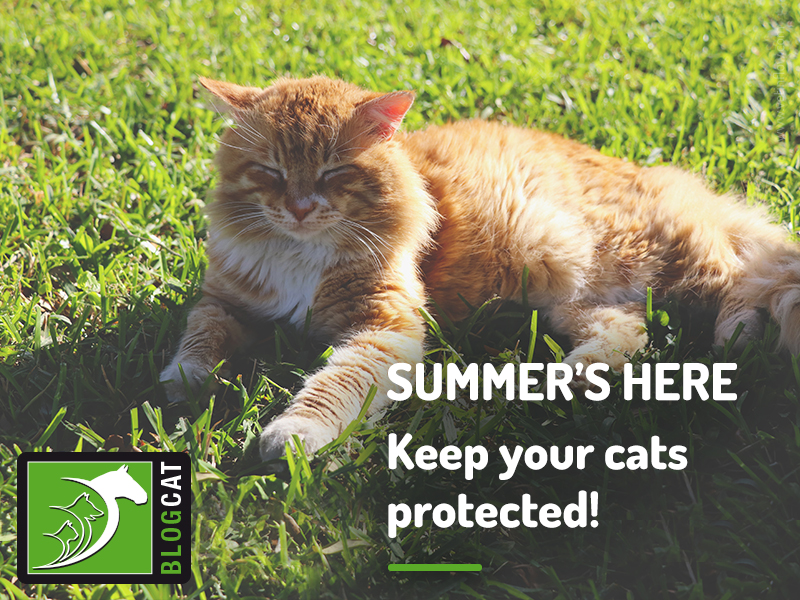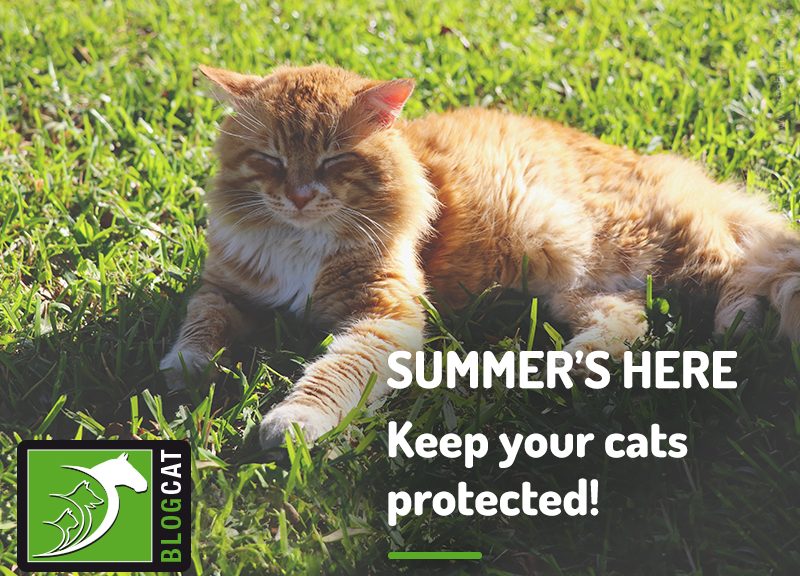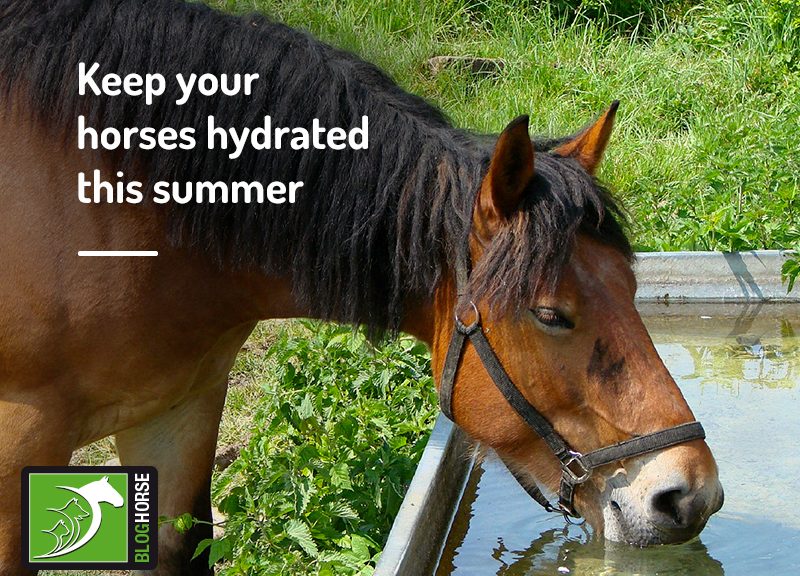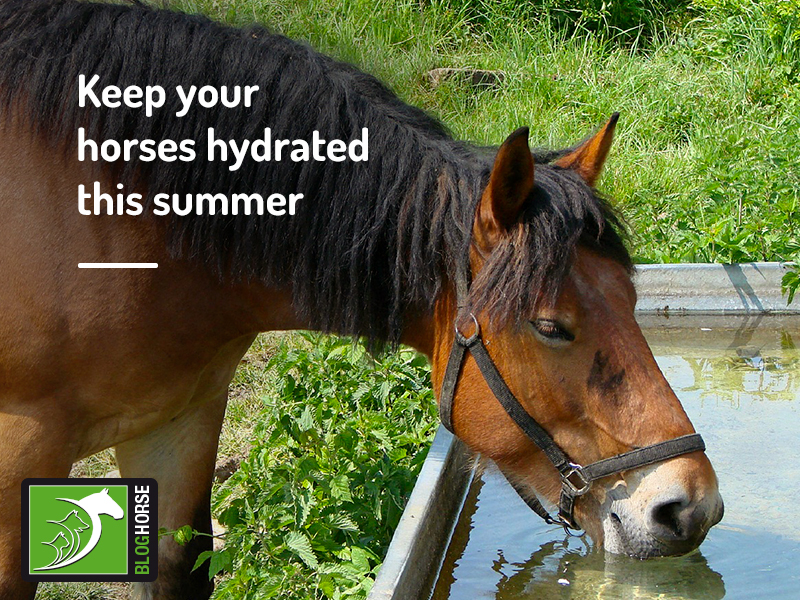
Now that summer is finally here and the weather is getting nice and warm, there are some extra precautions we need to take in order to make sure our friendly felines can enjoy it as much as we do.
If your cats are eager for a stroll outdoors, make sure their regular worming, flea and tick treatments are up to date as they’re bound to run into all sorts of parasites along the way! Also, keep their vaccinations current to protect them against life-threatening diseases which are always present.
Most cats are very keen on having long, relaxing naps, and if they can do this while sunbathing at the same time, that would be their very definition of a ‘purrfect’ day!
However, just like for us, prolonged sun exposure can cause skin damage due to the ultraviolet radiation, that can result in redness, skin lesions and can also predispose our cats to a malignant type of cancer named cutaneous squamous cell carcinoma.
To protect your feline companions from sunburn and sun damage, you can limit their exposure to a period of the day when the sun is not as strong. You can also protect them by applying pet-safe sunscreen on the tip of their nose and ears, which are the most commonly affected areas, as they don’t have much fur covering them.
Prolonged sun exposure, especially in very hot days and in poorly ventilated areas, can also lead to heatstroke! Yes, cats can get heatstroke too and, just like in dogs, this can be fatal if their temperature is not quickly lowered to normal values. This is why it’s so important that you never leave your cat alone in the car, not even for a quick visit to the shop, and to check that your cat doesn’t become locked in confined, closed spaces, such as garden sheds.
And don’t forget hydration! During summer, water intake is usually higher to compensate for losses due to temperature regulation. You should always have multiple sources of clean, fresh water available, and keep in mind that some cats can have very peculiar preferences when it comes to drinking, from the material that the bowl is made of and whether the water is running or not!
<a href=”https://www.thepetprofessionals.co.uk/courses/feline-courses.php”>Would you like to know more about cats? Check our Feline Courses:
<div class=”col-xs-6 col-sm-2 col-md-2 paddingLeft0 “><img style=”max-width: 100px;” src=”https://www.thepetprofessionals.co.uk/images/courses-icons-feline.jpg” width=”100%” /></div>
<div class=”col-xs-6 col-sm-10 col-md-10 paddingLeft0 “>
<h2>Feline courses</h2>
</div></a>


